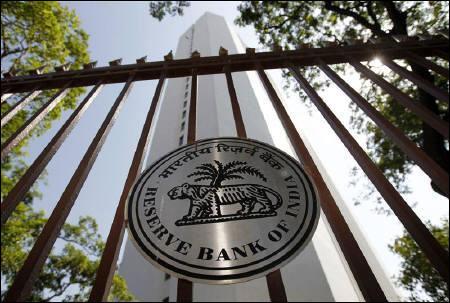"Disclosure of names of defaulters may have an impact on the livelihood of scores of employees employed in such entities," the RBI said.
 The Reserve Bank of India has submitted a list of big loan defaulters in a sealed cover to the Supreme Court with a submission that disclosing their names may have "adverse impact" for business and may "accentuate failure of business".
The Reserve Bank of India has submitted a list of big loan defaulters in a sealed cover to the Supreme Court with a submission that disclosing their names may have "adverse impact" for business and may "accentuate failure of business".
"Disclosing details of accounts where defaults have been found irrespective of the reasons for no-repayment may have adverse impact for business and in a way may accentuate the failure of business rather than nursing it back to health," the Reserve Bank of India said in a recent affidavit submitted along with the list of defaulters.
"Disclosure of names of defaulters may have an impact on the livelihood of scores of employees employed in such entities," the RBI said.
A bench headed by Chief Justice T S Thakur had last month directed the central bank to provide a list of companies which are defaulters of bank loans of over Rs 500 crore (Rs 5 billion) while expressing serious concern over rise in bad loans.
The apex court had also asked RBI to provide within six weeks the list of companies whose loans have been restructured under corporate debt restructuring schemes.
It had on February 16 asked how state-owned banks and financial institutions were advancing large-scale loans without proper guidelines and whether there was adequate mechanism to recover them.
The court had made RBI party to a PIL filed in 2005 by an NGO Centre for Public Interest Litigation (CPIL) in which it had raised the issue of loans advanced to some companies by state-owned Housing and Urban Development Corporation (HUDCO).
Advocate Prashant Bhushan, appearing for CPIL, had submitted that about Rs 40,000 crore (Rs 400 billion) of corporate debt was written off in 2015.
Giving reasons for default, the RBI affidavit said this happened due to various reasons like delayed permissions from government and regulatory agencies, delayed acquisition of land, delayed sanction of loans which made the borrower unable to use it in time, poor credit appraisal, poor monitoring, lack of business management knowledge, unanticipated business cycle downturn, commodity cycle downturn and poor project execution.











 © 2025
© 2025